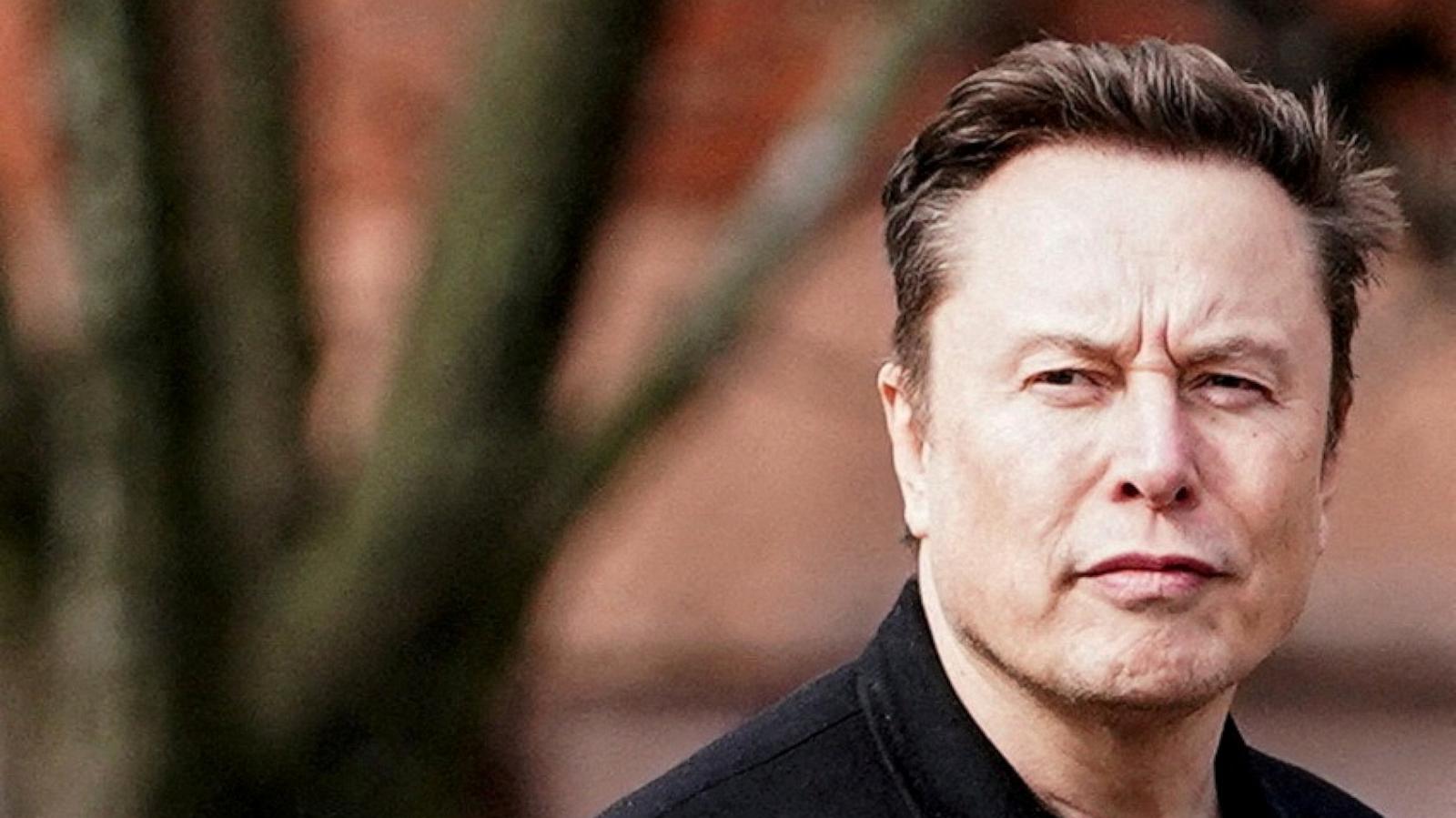To his critics, Elon Musk is an unelected and unaccountable government official wielding expansive executive power in violation of the U.S. Constitution.
To President Donald Trump, the world’s richest man is a trusted adviser and authorized deputy, leading an unconventional — but entirely legal — campaign to downsize federal agencies.
Now a pair of lawsuits have put a spotlight on the legality of Musk’s status as de facto administrator of the Department of Government Efficiency, or DOGE, with federal courts — potentially the Supreme Court — soon to decide whether his role complies with the Constitution’s appointments clause.
The cases have the potential to sideline Musk and, at least temporarily, undo changes he has appeared to authorize involving federal agencies, property, staffing and policy, legal experts told ABC News. But the outcome is far from certain.

The appointments clause says that a president may appoint officers of the U.S. – like ambassadors, Cabinet secretaries and Supreme Court justices — but only “by and with the advice and consent of the Senate” through a confirmation vote. Musk has not been confirmed.
The clause also says that a president may appoint “inferior officers” without Senate confirmation, but only if Congress has passed a law explicitly authorizing the positions. Trump created the DOGE by executive order without involvement from Congress.
“Musk manifestly answers only to Trump. Answering only to the President while wielding vast and enormous power is basically the Platonic form of a principal officer, thus requiring Senate confirmation,” said James Sample, a constitutional law scholar at Hofstra University.

The White House has said Musk is classified as an unpaid “special government employee,” a status Congress created in 1962 for temporary executive branch hires to perform limited duties for no more than 130 days.
But the plaintiffs in the lawsuits against Musk – a coalition of 14 states and a group of two dozen federal civil servants — claim the DOGE leader has in practice been acting as an “officer of the U.S.” and exercising authority well beyond an “employee.”
The suits allege that Musk has directly made decisions about agency expenditures, contracts, government property, regulations. They also allege he has acquired vast troves of sensitive government data.
“Given Musk’s depth and breadth of access, authority, and autonomy, any assertion that, despite his nominal ‘special government employee’ designation, he is operating as a mere employee is simply not credible,” Sample said.
The Supreme Court in a 1976 decision defined “officer of the U.S.” as a presidential appointee “exercising significant authority pursuant to the laws of the U.S.” More than two decades later, an opinion authored by the late conservative Justice Antonin Scalia affirmed that officers either had to be confirmed by the Senate or supervised by someone who had been confirmed.

“I think they have a good case,” said Sarah Isgur, a former Justice Department official during Trump’s first term and ABC News legal contributor. “He’s obviously an ‘officer of the U.S.'”
Isgur said Musk’s “special government employee” title — which has never been constitutionally tested or defined by a court — could, however, provide some buffer in his legal defense.
The administration has also invoked a novel legal theory that says the president has virtually unchecked authority to hire and fire whomever he chooses within the entirety of the executive branch.
“With a great team around them, we’re going to look at the receipts of this federal government and ensure it’s accountable to American taxpayers,” White House press secretary Karoline Leavitt said last month defending Musk’s job as an advisor.
Some legal scholars say ambiguity about Musk’s precise actions behind the scenes could also complicate his critics’ legal challenges.
“I think these sorts of early lawsuits will flame out because we truly don’t know what Musk is doing. We are mostly left with conjecture and speculation,” said Josh Blackman, a constitutional law professor at South Texas College of Law. “So long as an actual government official is pushing the ‘cancel’ button, I don’t know that Musk is holding any actual substantial authority.”
The appointment clause cases against Musk are at a very early stage and will likely take months to play out, several legal experts said. And regardless of the outcome, the practical impact could be minimal.
“By July 4, 2026, Musk will be out of office, and then something like the ‘de facto officer’ doctrine could save whatever work Musk did,” Blackman pointed out. “I don’t see these cases as going anywhere.”
Sample suggested that if a court concluded Musk qualifies as an “officer of the U.S.” and needs to be confirmed, the White House could either “retrofit” actions already taken to be approved by another top official, or quickly work to have the GOP-controlled Senate confirm Musk himself.
“I actually think the administration is calculating, even with a hint of Machiavellian genius, that Musk is more or less untouchable by consequences short of imprisonment,” Sample said. “Even if they lose in the courts, the real-world consequences of the disruptions will nonetheless be substantial. The president thinks in transactional, as opposed to constitutional terms. Unfortunately, such an approach has long-term ramifications that extend far beyond any one presidency.”
ABC News: Top Stories
Read the full article .


